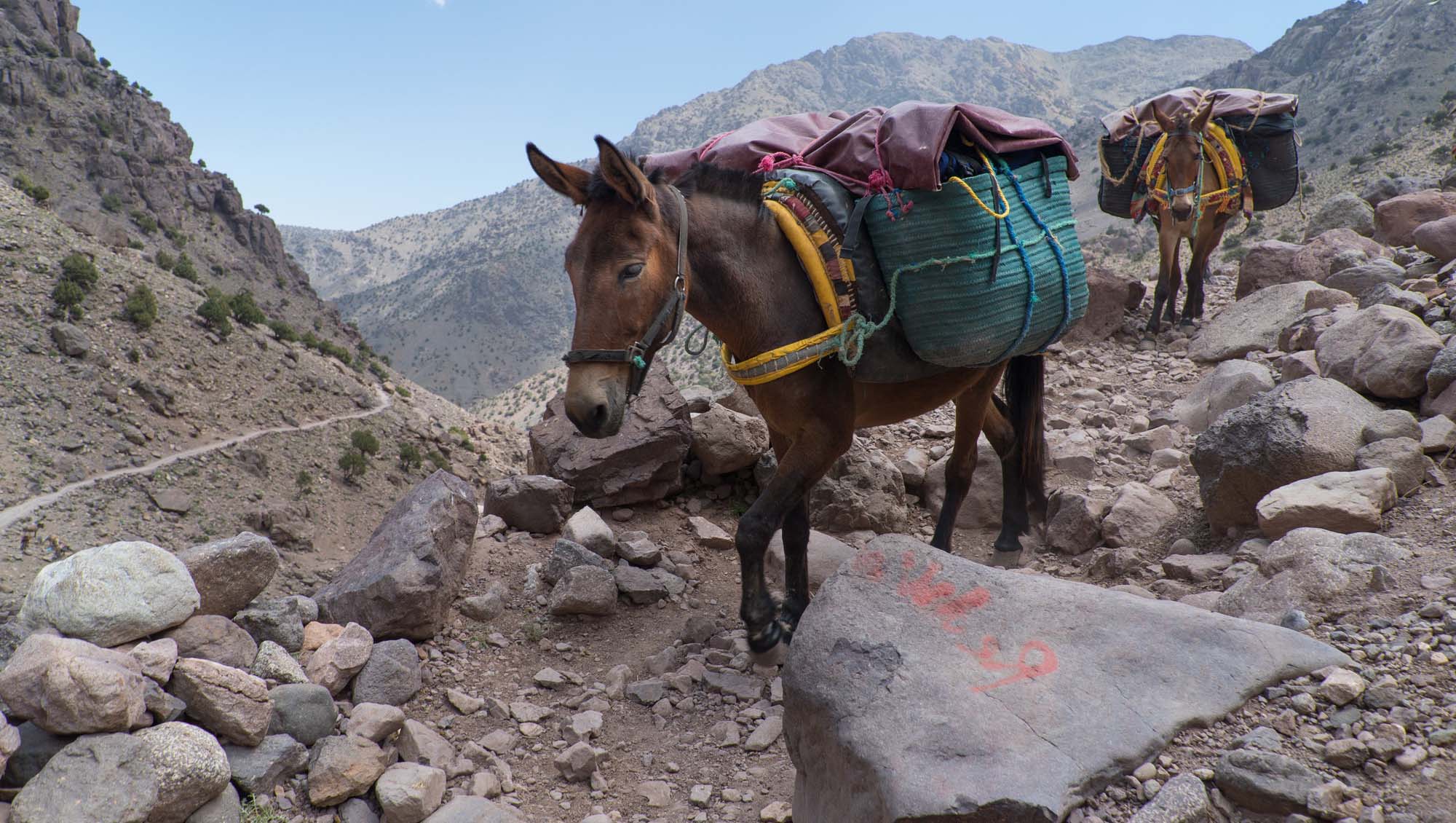Monday, May 25, 2020
Stories
I have stories
live stories
but can't tell stories
Instead
I compare
associate
moving from one image
to another
List journal entries
workout
dog walks
sunflowers
fireworks
gap-toothed
smiles.
Should a Mule Become a Horse?
"They said no matter how far a mule travels it can never come back a horse" (Junot Diaz)
How far must
a mule travel
to come back
a horse?
Would this journey
require
evolution?
adaptation?
Is it better
to be a horse
than a mule?
I'm not so sure
since my
stubborn
disposition
helps me
keep a routine
even when
what seems
apocalyptic
closes the road.
Friday, May 15, 2020
You've Totally Got This!
Since March 30, I've been keeping a daily journal responding to quotes from writers, philosophers, and everyday people. Sometimes they make no sense, other times they actually make me smile.
In the first installment I write, "After three years the spice bush erupts in yellow bows on twigs of hair, tiny braids dangling under that favorite tree branch where I feel like Pippi laughing as I swing."
A couple of days later I just worked on listening. "No matter how empty a room it still hums, ticks, and rattles. Once I hitched a ride with older Campfire Girls for a West Virginia caving trip. At fourteen, hanging out with seventeen-year-olds and college freshman in a dorm and cafeteria filled me with excitement.. But we crawled and slithered into a dark cave, turned off our head lamps for real darkness, so only our ears opened up the room."
Sunday, May 3, 2020
American Frontiers in American Psycho
Although the female body primarily bears the brunt of masculine exploitation in American Psycho, Bateman also misuses more traditional frontiers where cultures clash and both a land and its people are threatened. As David Eldridge reiterates, Bateman’s “main victims are [according to Faye Weldon] ‘the powerless, the poor, the wretched,’ those who ‘don’t rate’ in Reaganite America” (23). The same could be said of those exploited at a distance.
In a conversation with friends in one of the many restaurants cited in the film, for example, Bateman challenges his colleague Timothy Bryce (Justin Theroux) about the extent of the massacres in Sri Lanka. Bateman exclaims, “There are a lot more important problems than Sri Lanka to worry about. Sure our foreign policy is important, but there are more pressing problems at hand.” He then delineates several more potentially exploitative clashes: “Well, we have to end apartheid for one. …We have to provide food and shelter for the homeless and oppose racial discrimination and promote civil rights while also promoting equal rights for women.”
When Donald Kimball (Willem Dafoe), a private investigator, interviews Bateman about the last time he saw Paul Owen, one of Bateman’s victims, Bateman again invokes frontiers, claiming, “We had … gone to a new musical called … Oh Africa, Brave Africa. It was…a laugh riot … and that's about it. I think we had dinner at Orso's. No, Petaluma. No, Orso's.” Both these examples connect the consumption of food with the figurative consumption of cultures, updating the American frontier in a late 20th century upper class economy. They also introduce an indictment of Wendigo/wetiko that Bateman reifies on the bodies of his victims.
Subscribe to:
Comments (Atom)


/horse-galloping-in-grass-688899769-587673275f9b584db3a44cdf.jpg)

